Disability Pride Month
Explore Baker Library resources with a connection to disability and business.
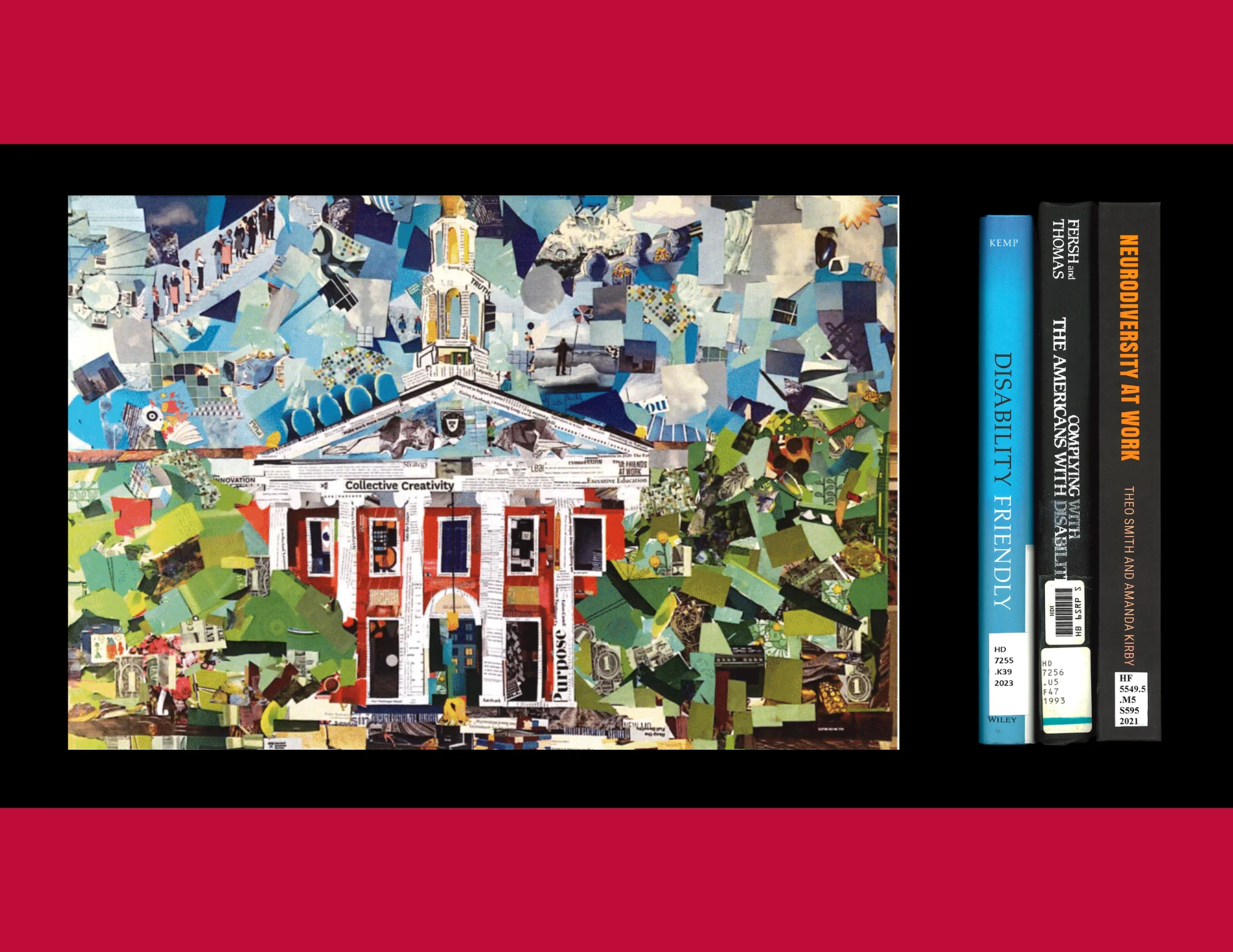.png)
Quick Research Resources
Use GuideStar Pro to locate nonprofit organizations who list people with disabilities as populations they serve.
Review Capital IQ Pro's "Assistive Technology" market map, which consists of companies that develop products and technology solutions designed to assist individuals with disabilities or special needs in areas such as communication, mobility, and daily living activities.
Go Markets > Market Maps
View the following reports from Technavio:
Global Handicap Assistance Robots Market 2024-2028
Global Elderly And Disabled Assistive Solutions Market 2024-2028
Sign up for the U.S. Department of Labor's Business $ense Newsletter, which provides an inside track for all small business owners and entrepreneurs on the latest information related to disability employment.
Explore HBS Cases with a focus on disability:
Contemporary Collections
Contemporary Collections aim to support the research and curriculum of the Harvard Business School today and into the future. Collection activities focus on the career and professional development needs of our MBA students and alumni, as well as on access to business content to the Harvard University community at large.
Dear Younger Me: What 35 Trailblazing Women Wish They'd Known as Girls
Dear Younger Me gathers reflections from 35 trailblazing women who share the advice they wish they’d received as girls, offering insights into leadership, confidence, and navigating challenges. Their stories provide valuable lessons for organizations aiming to foster inclusive leadership pipelines, support gender equity initiatives, and cultivate workplace cultures that empower the next generation of women professionals.
One of the featured women, Dr. Temple Grandin, transformed the cattle industry by applying her understanding of animal behavior to design low-stress livestock handling systems, now used in facilities processing over half of North America's cattle. Her innovations proved that humane treatment and business efficiency can go hand in hand, setting new standards across the industry. As both an animal scientist and an autistic self-advocate, Grandin also highlighted the value of neurodiverse thinking in driving practical, ethical innovation.
"Dear Younger Me,
When you get bullied and teased in high school, you should tell yourself that life will get better in the future. Many people who do great things later in life were the kids who had painful experiences inflicted by high school bullies." —Dr. Temple Grandin
The Neurodiversity Edge: The Essential Guide to Embracing Autism, ADHD, Dyslexia, and Other Neurological Differences for Any Organization
The Neurodiversity Edge examines how businesses can incorporate neurodiversity into their workforce strategies to improve innovation, problem-solving, and adaptability. It outlines organizational practices and policy changes that leverage cognitive diversity as a business asset rather than solely a matter of accomodation.
The Pyramid of Neuroinclusion outlines key building blocks for creating truly inclusive work environments for neurodiverse individuals. It starts with foundational elements like psychological safety and clear communication, then adds supportive practices, flexible design, and a culture of empathy. Each of the layers in The Pyramid can be construed as an actionable framework for generating specific objectives. When these multiple elements are in place and engaged, they lead to a single goal: authentic neurodiversity inclusion, or diverse ways of thinking and contributing that are valued meaningfully.
On the page adjacent to The Pyramid, author Maureen Dunne states "[a] garden won't grow, no matter how much sunlight and water it gets, if the soil is toxic" (p. 109).
You can download a PDF of the Pyramid of Neuroinclusion here.
Special Collections and Archives
Special Collections and Archives collects and makes available the records of business dating from the 14th century to the present and the records of the Harvard Business School since its founding in 1908.
Historic Industry & Trade Literature
The Baker Old Class collection is Baker Library’s first circulating collection and is a resource integral to tracing the development and growth of global business and industry from the late 19th century to the first half of the 20th century. The extensive holdings include trade publications, government documents, corporate histories and publications, and business directories—which are discoverable via HOLLIS. The unique arrangement of the collection brings together books, periodicals, and pamphlets organized by industry.
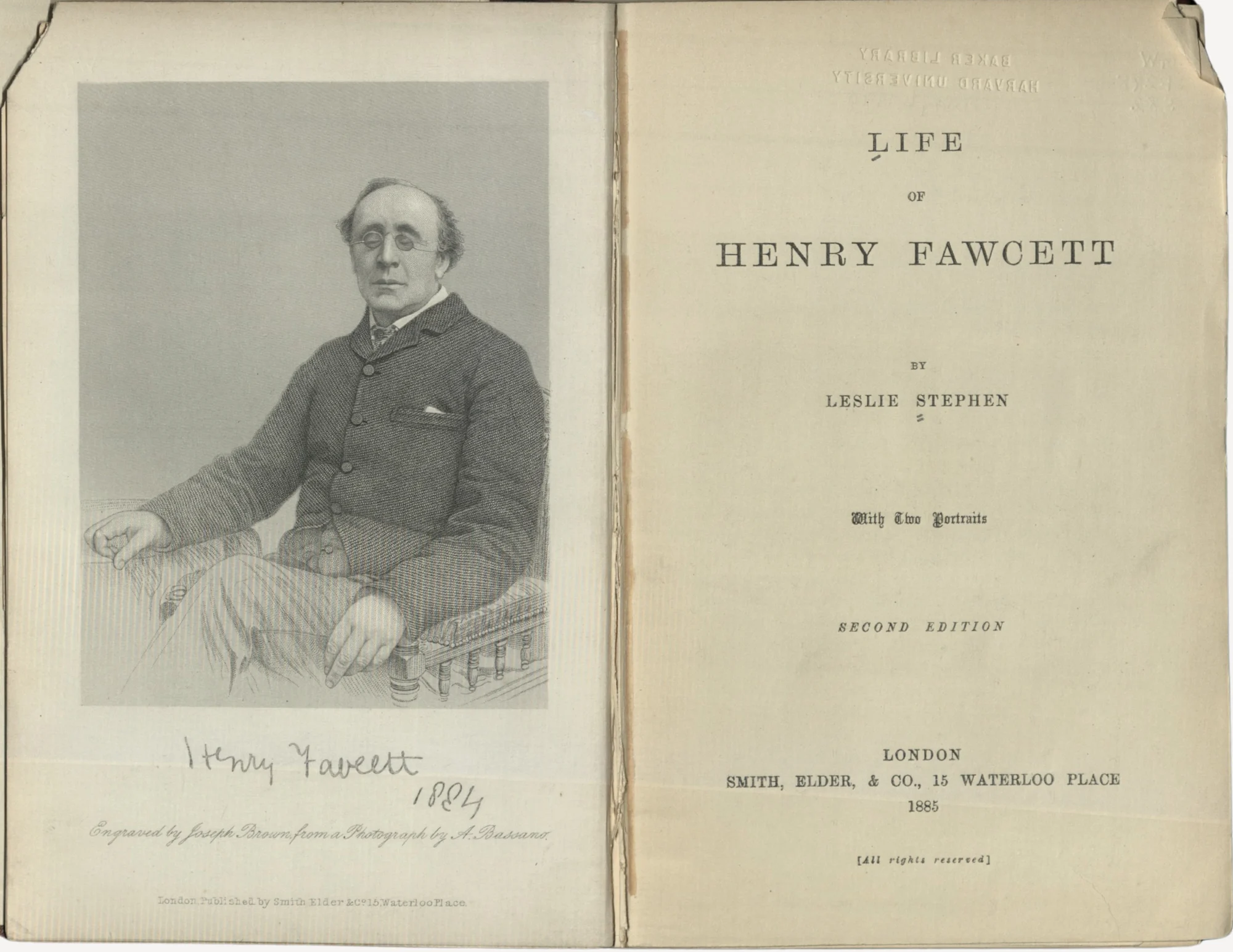
Stephen, Leslie. (1885). Life of Henry Fawcett. London, Smith, Elder, & co. [Frontispiece and title page].
Henry Fawcett was a blind British economist and politician who played a key role in modernizing the British postal system. As Postmaster General, he expanded postal savings banks, introduced parcel post, and improved financial access for working-class citizens, blending business innovation with public service. Fawcett was also a strong supporter of women's suffrage. Several of Fawcett's writing are held and viewable upon request at Baker.
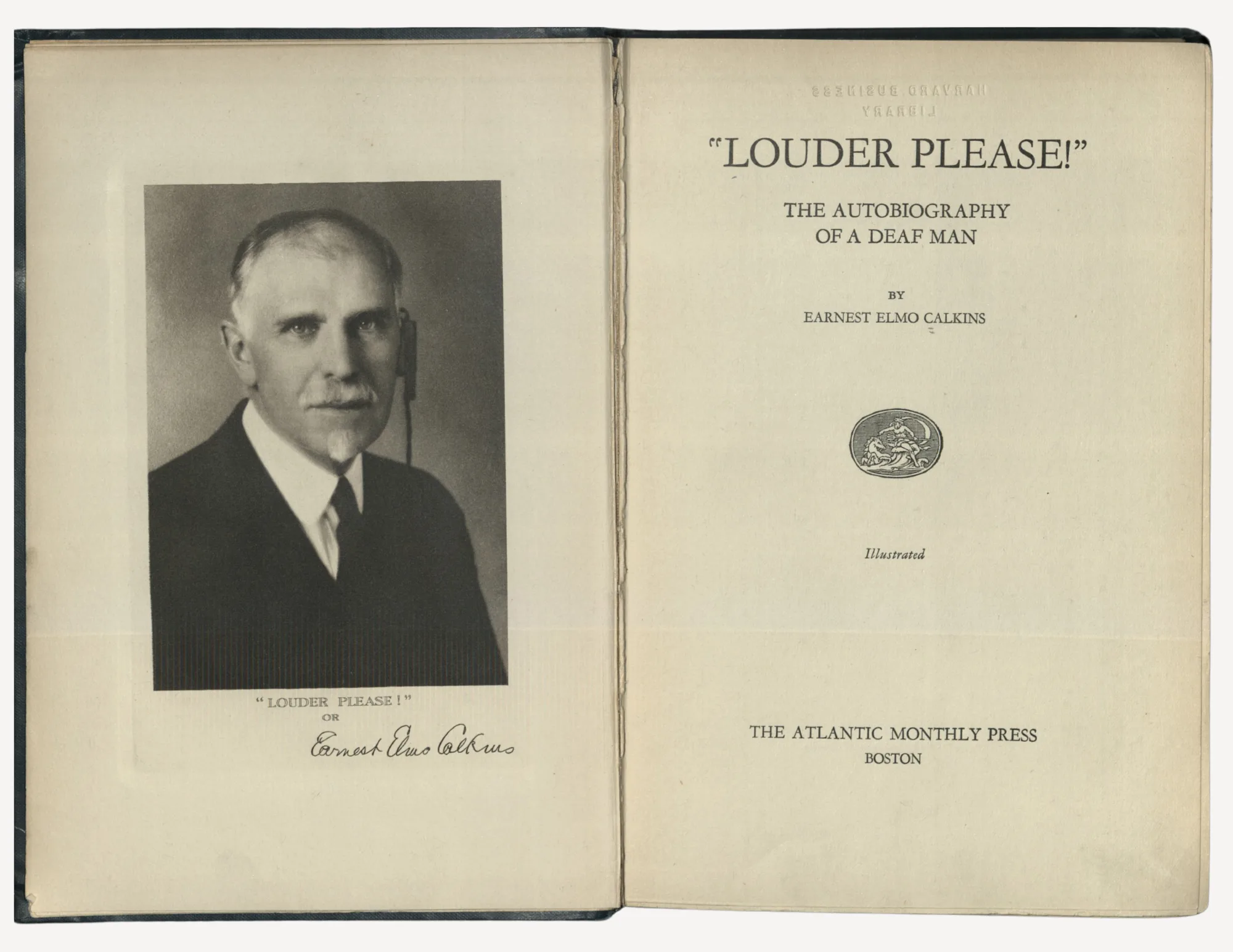.png)
Calkins, Earnest Elmo. (1924). "Louder Please!": The Autobiography of a Deaf Man. Atlantic Monthly Press. [Frontispiece and title page].
Earnest Elmo Calkins was a deaf American advertising executive who helped shape modern marketing by blending visual storytelling with persuasive design. As co-founder of the firm Calkins and Holden, he pioneered the “soft sell” advertising approach, emphasizing imagery and emotional appeal rather than direct product claims. Calkins credited his hearing loss with sharpening his visual awareness, which led him to prioritize layout, typography, and visual narrative in advertising—principles that became industry standards. Several of Calkins' writings are held and viewable upon request at Baker.
Working Knowledge
HBS Working Knowledge distills the latest faculty research into practical insights for leaders, entrepreneurs, and change agents. Stay up-to-date by signing up for the Working Knowledge Newsletter.
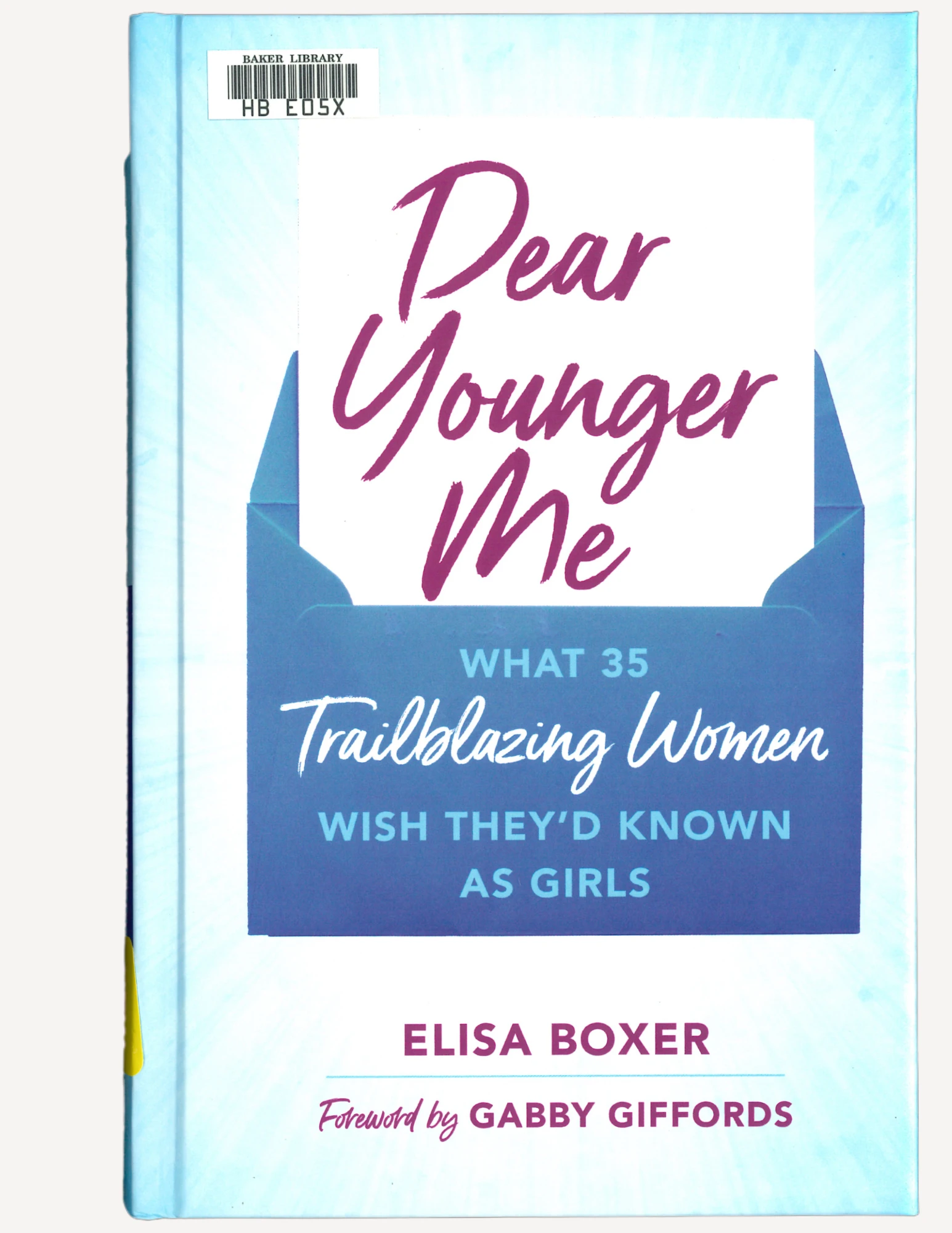
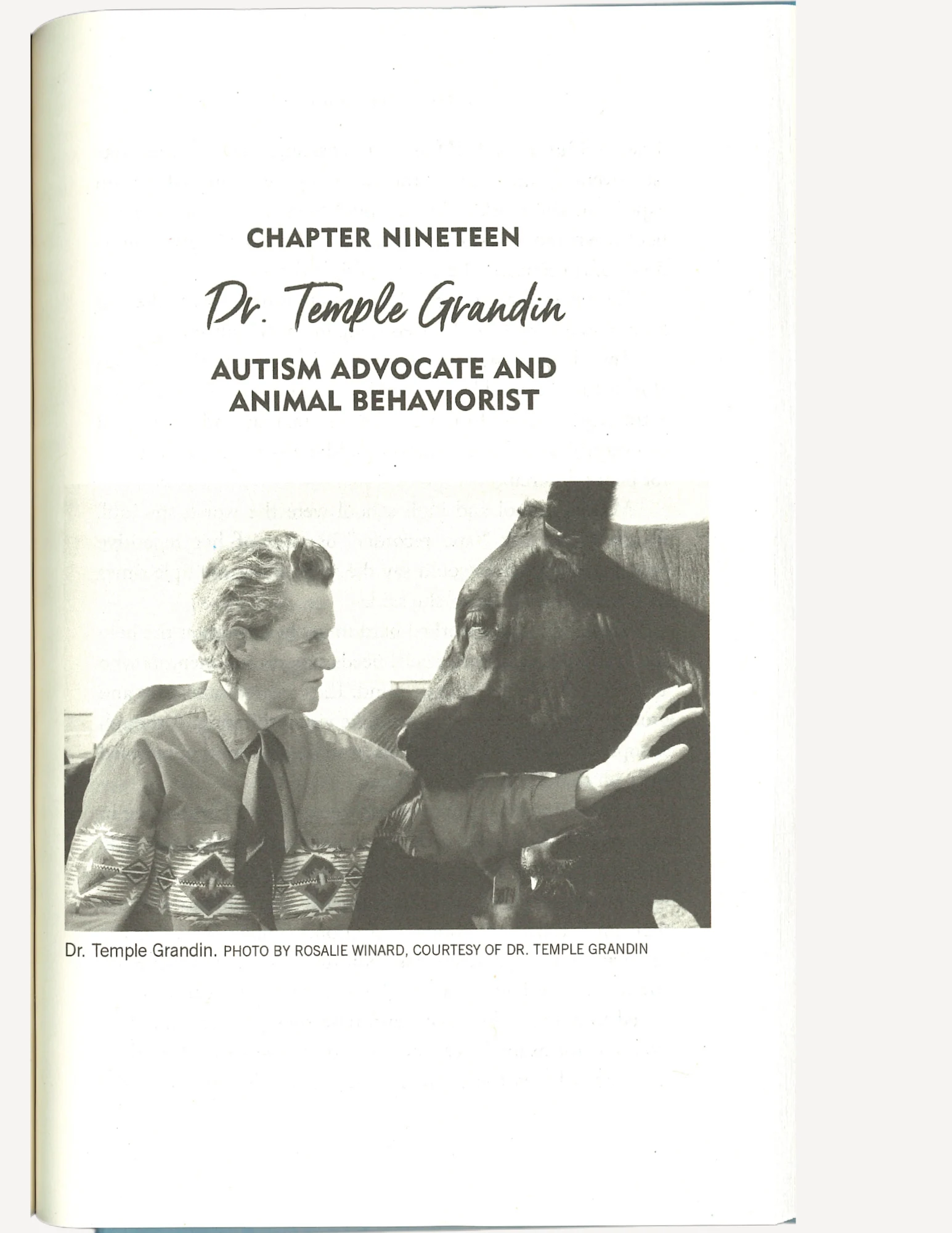.png)
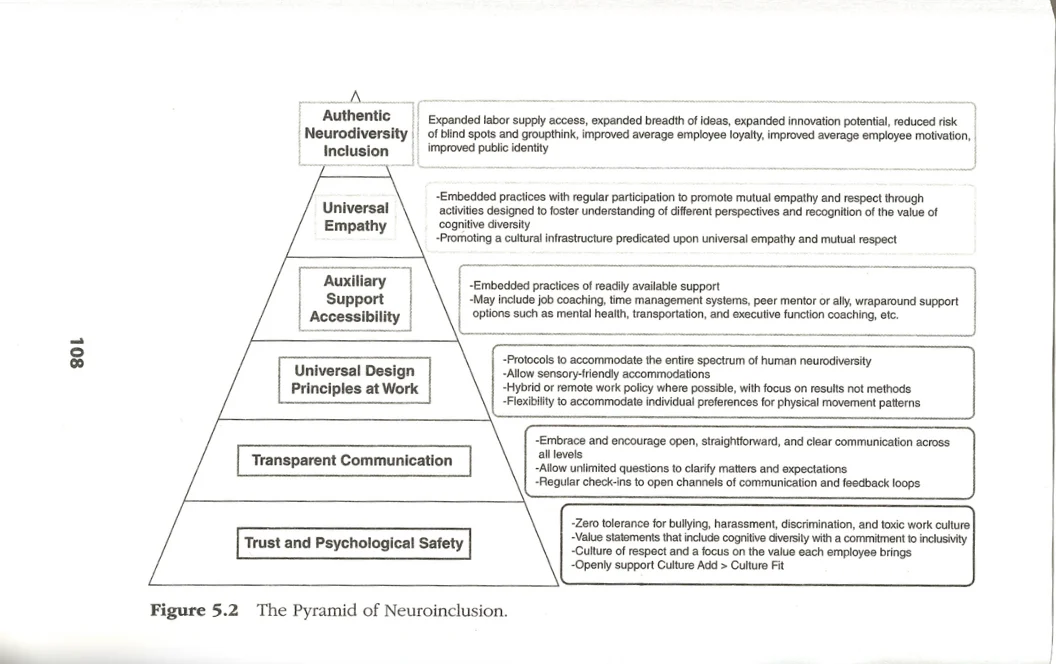.png)